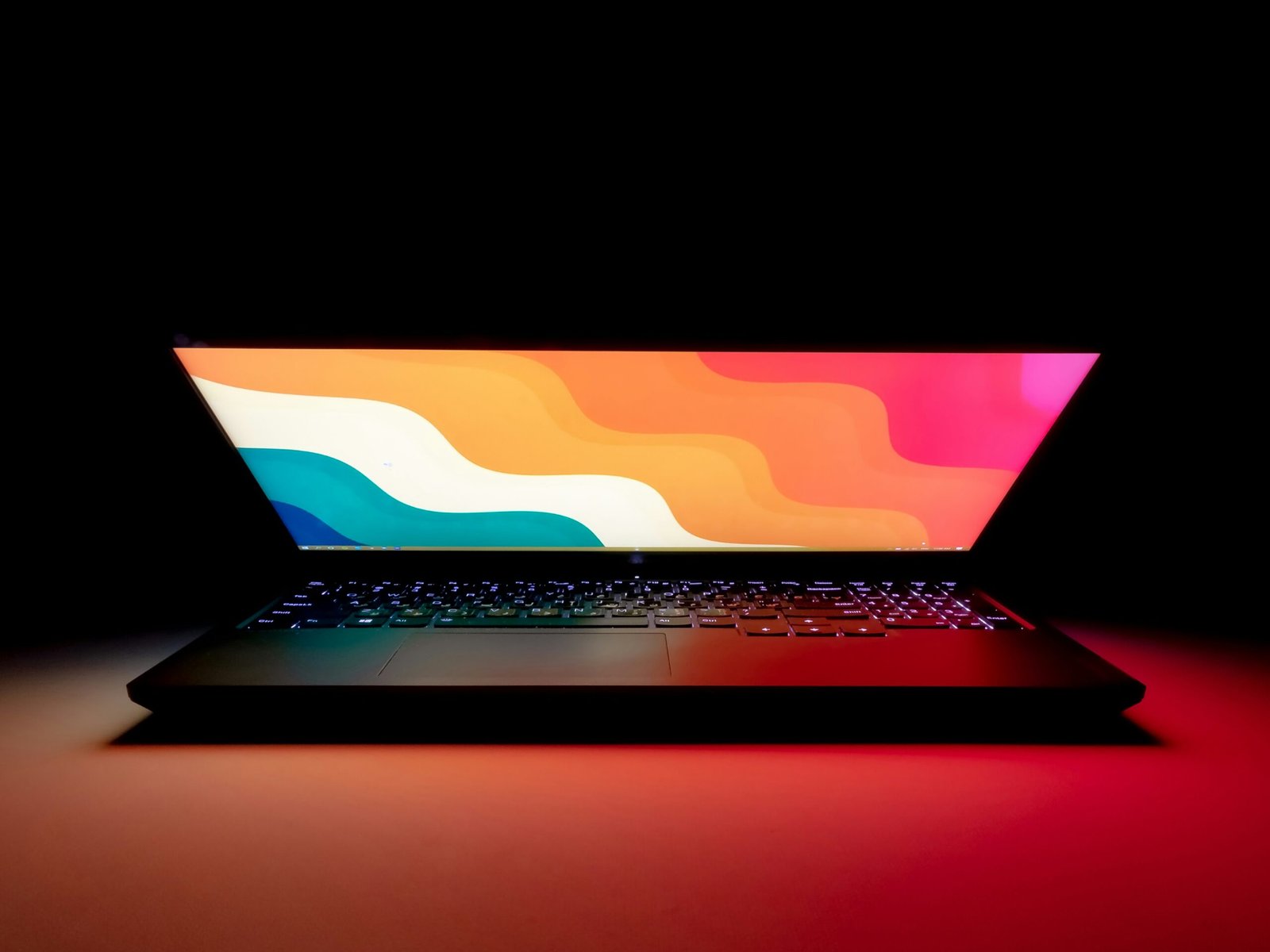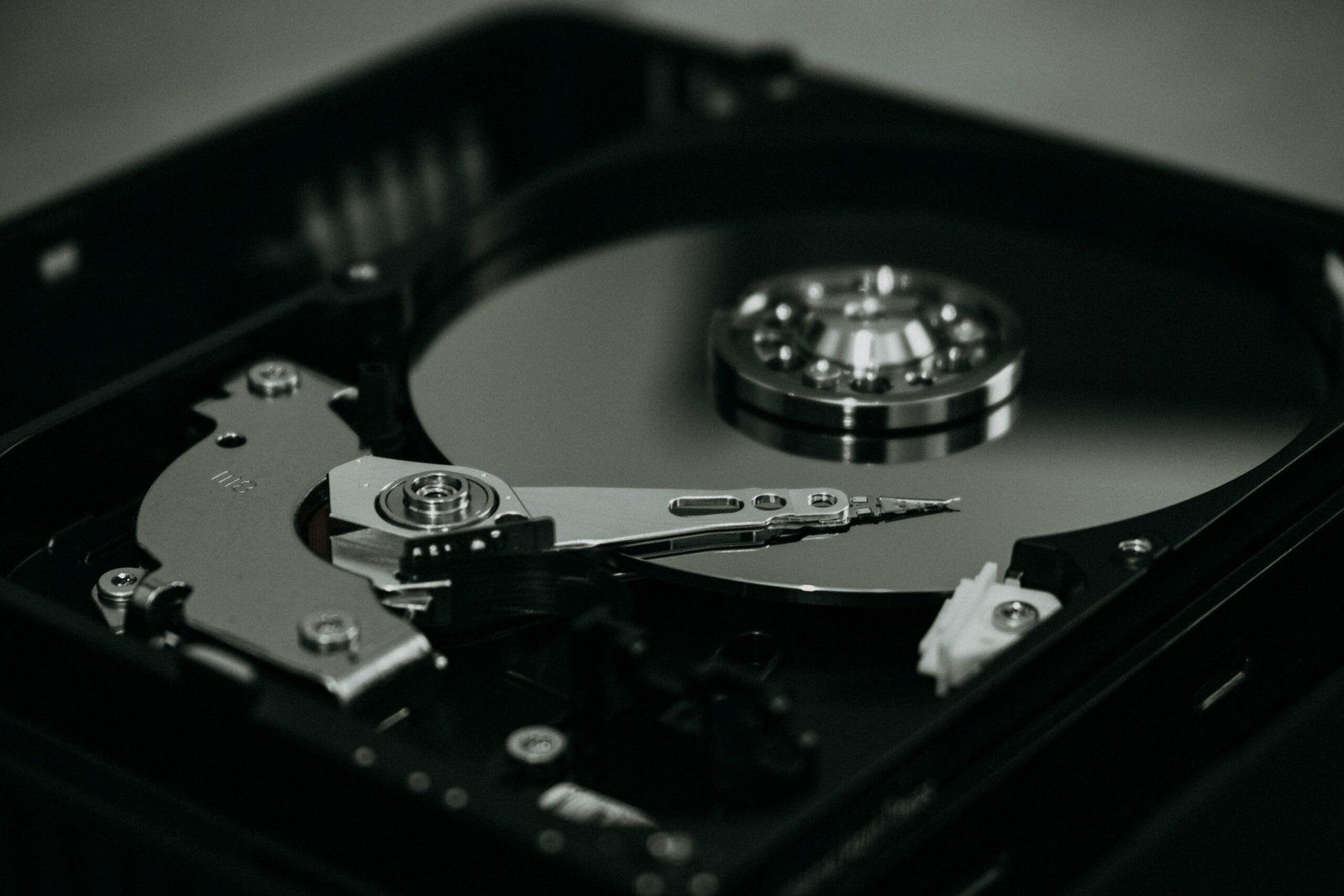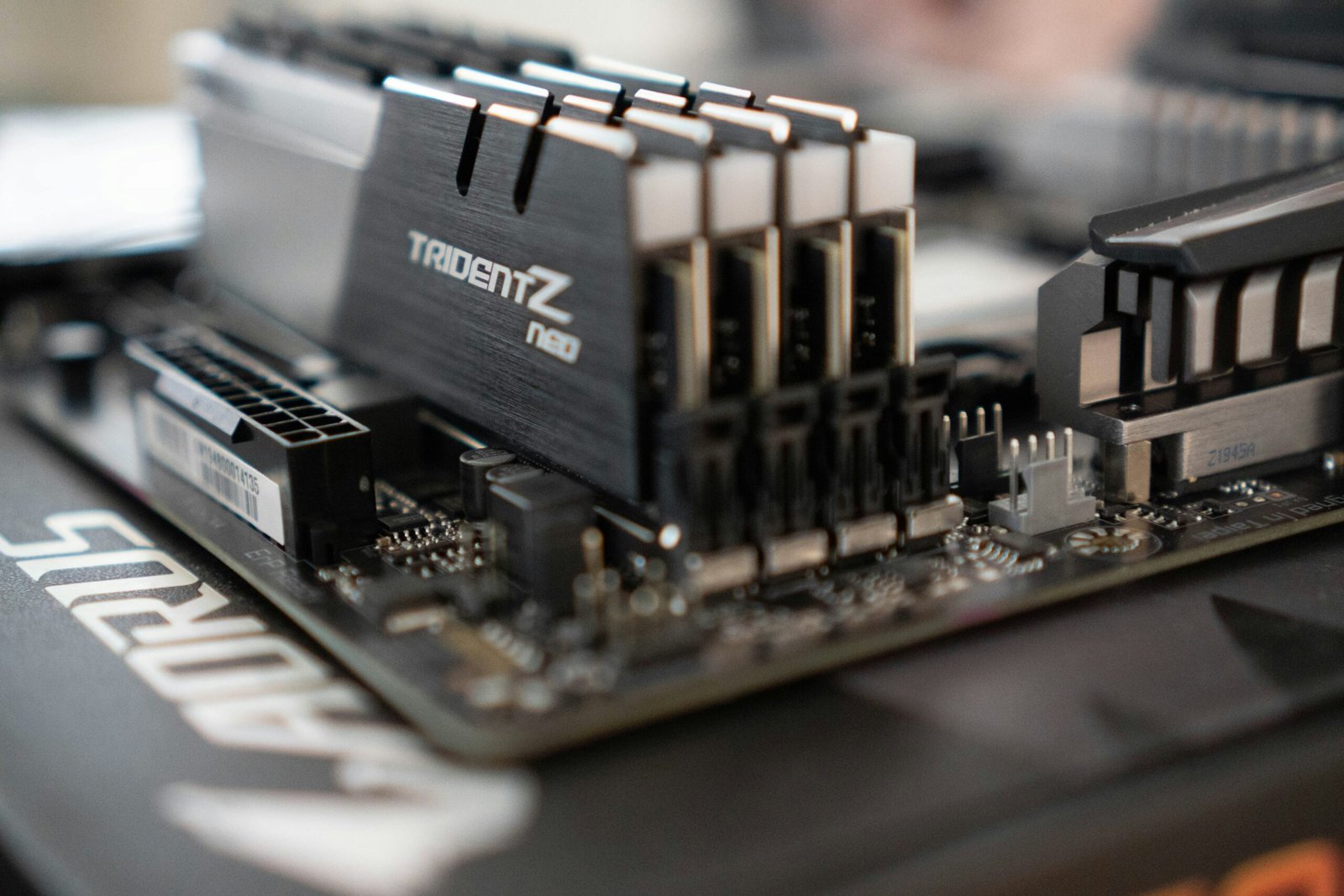The Difference Between Laptop and Desktop Computers

When it comes to choosing a computer, there are two main options to consider: laptops and desktops. While both serve the same purpose of computing, they have distinct differences that make them suitable for different needs and preferences. In this article, we will explore the various aspects that set laptops and desktops apart.
Portability
One of the most significant differences between laptops and desktops is their portability. Laptops are designed to be lightweight and compact, making them easy to carry around. They have a built-in screen, keyboard, and touchpad, allowing users to work from anywhere. On the other hand, desktops are stationary machines that require a dedicated space. They consist of a separate monitor, keyboard, and mouse, which are not as convenient to transport.
Performance
When it comes to performance, desktop computers generally have an edge over laptops. Desktops are equipped with more powerful processors, larger RAM capacity, and dedicated graphics cards, making them ideal for resource-intensive tasks such as gaming, video editing, and 3D rendering. Laptops, although they have become more powerful over the years, are still limited in terms of their hardware capabilities due to their compact size and portability.
Upgradeability
Desktop computers offer greater flexibility when it comes to upgrading components. Since desktops have more space for additional hardware, users can easily replace or upgrade components such as the processor, RAM, and storage. This allows for future-proofing and ensures that the computer can keep up with the ever-evolving technology. Laptops, on the other hand, have limited upgrade options. While some components like RAM and storage can be upgraded, other parts such as the processor and graphics card are often integrated into the motherboard and cannot be easily replaced.
Battery Life
One area where laptops excel is in their battery life. Laptops are designed to be energy-efficient and can run on battery power for several hours. This makes them ideal for users who need to work on the go or in locations where power outlets are not readily available. Desktops, on the other hand, require a constant power source and do not have a built-in battery. They need to be plugged into an electrical outlet to function.
Price
Price is another important factor to consider when choosing between a laptop and a desktop computer. Generally, laptops tend to be more expensive than desktops with similar specifications. This is due to the additional cost of making the components smaller and more portable. Desktops, on the other hand, offer better value for money as they provide more power and upgradeability at a lower price point.
Conclusion
In conclusion, the choice between a laptop and a desktop computer ultimately depends on your specific needs and preferences. If portability and convenience are important to you, a laptop would be the better option. On the other hand, if you require high performance, upgradeability, and better value for money, a desktop computer would be more suitable. Consider your usage requirements, budget, and long-term goals to make an informed decision that meets your computing needs.




